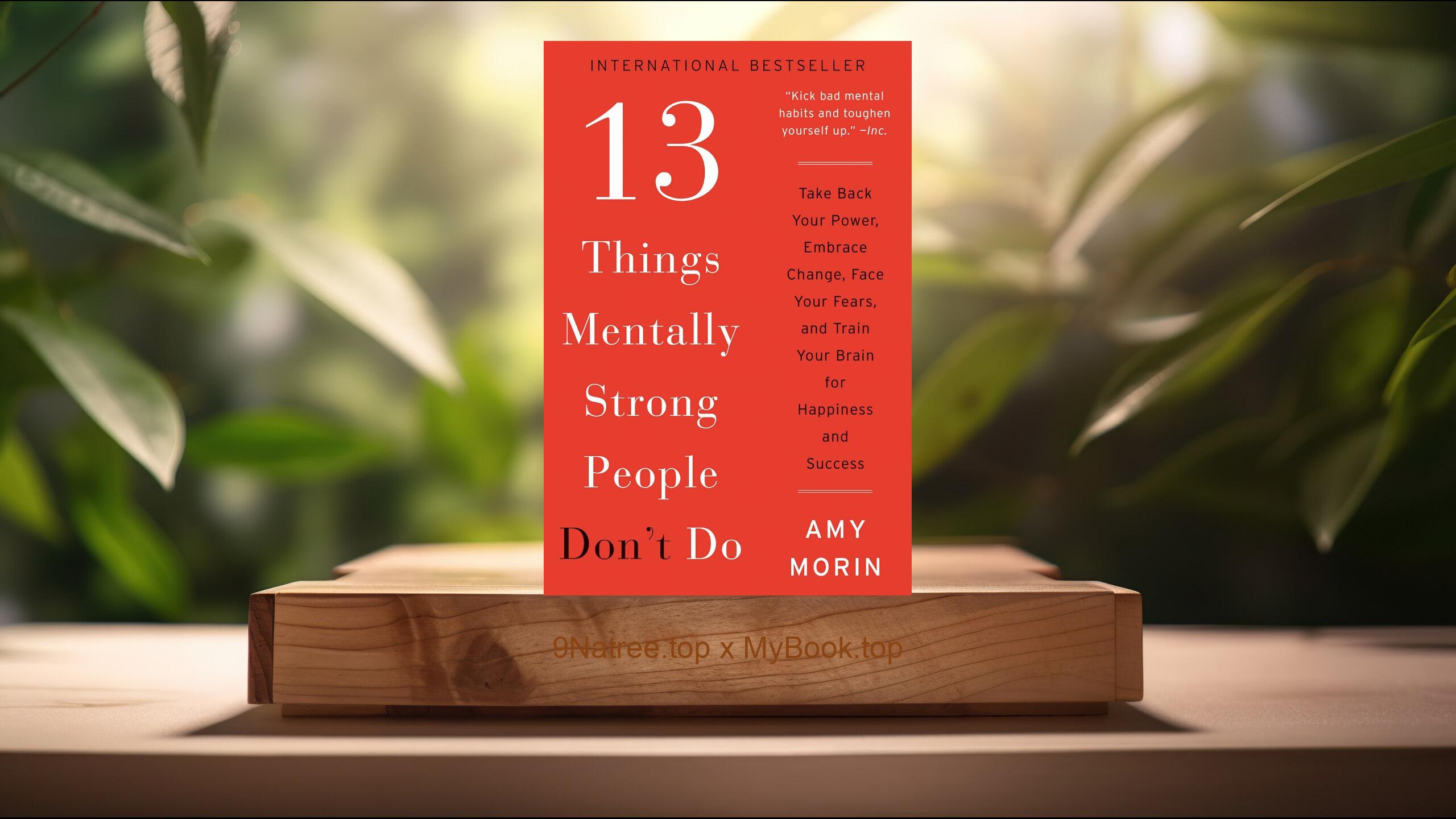Show Notes
- Amazon Books: https://www.amazon.com/dp/B096JQSWQ6?tag=9natree-20
- Apple Books: https://books.apple.com/us/audiobook/the-high-5-habit-take-control-of-your-life-with/id1585888488?itsct=books_box_link&itscg=30200&ls=1&at=1001l3bAw&ct=9natree
- eBay: https://www.ebay.com/sch/i.html?_nkw=The+High+5+Habit+Take+Control+of+Your+Life+with+One+Simple+Habit+Mel+Robbins+&mkcid=1&mkrid=711-53200-19255-0&siteid=0&campid=5339060787&customid=9natree&toolid=10001&mkevt=1
- Read more: https://mybook.top/read/B096JQSWQ6/
#SelfEmpowerment #PositiveSelfTalk #PersonalGrowth #MelRobbins #High5Habit #SelfEsteem #PersonalDevelopment #MotivationalPsychology #TheHigh5Habit
These are takeaways from this book.
Firstly, The Science Behind the High 5 Habit, The High 5 Habit isn't just an arbitrary choice; it's a practice rooted in psychological science. Robbins delves into the neural and biochemical reactions that occur when one engages in self-affirmation practices like the high five. This gesture activates areas in the brain associated with positive emotional processing and decreases activity in systems tied to negative thoughts. By leveraging the mirror neuron system, which plays a crucial role in empathy and understanding others, individuals can also apply this empathy to themselves, thus fostering a stronger sense of self-compassion and self-esteem. Robbins effectively demystifies how a simple action can lead to profound changes in the brain, laying a scientific groundwork that adds credibility and depth to her method.
Secondly, Overcoming Negative Self-Talk, A substantial portion of 'The High 5 Habit' is dedicated to confronting and overcoming the pervasive problem of negative self-talk. Robbins offers readers practical strategies for identifying and challenging the critical inner voice that undermines self-esteem and confidence. She highlights the importance of recognizing this voice as a protective mechanism gone awry, rather than an accurate reflection of one's worth or capabilities. Through engaging exercises and reflections, Robbins guides the reader towards replacing self-criticism with encouragement and support — mirroring the encouragement one would offer to a dear friend. This shift is vital for creating a more positive and nurturing self-relationship.
Thirdly, Building Momentum with Small Wins, Robbins emphasizes the importance of celebrating small victories as a foundational aspect of the High 5 Habit. By acknowledging and celebrating even the smallest successes, individuals can build momentum and foster a more positive outlook on their ability to influence their life and environment. This approach encourages a shift from a focus on outcomes to a focus on effort and growth, fostering resilience and a growth mindset. Robbins provides readers with strategies to identify, appreciate, and build upon these small wins, integrating them into daily routines as a means of sustaining motivation and promoting continuous personal development.
Fourthly, Creating a Routine of Self-Empowerment, At the heart of the High 5 Habit is the creation of a daily routine centered around self-empowerment and positive self-affirmation. Robbins guides readers through the process of establishing this morning routine, emphasizing the importance of consistency and intentionality. By beginning each day with a moment of positive connection with oneself, individuals can set a tone of self-respect and optimism for the day ahead. Robbins offers tips for overcoming resistance and making the High 5 Habit a non-negotiable part of one’s day, highlighting the transformative potential of regular, positive self-engagement.
Lastly, Expanding the High 5 Habit Beyond the Mirror, Robbins explores how the principles of the High 5 Habit can be extended into various aspects of one's life, including personal relationships, professional endeavors, and personal growth journeys. She presents the habit as a starting point for a broader practice of self-validation, encouragement, and compassion. By applying the ethos of the High 5 Habit — positivity, encouragement, and celebration — to interactions with others and oneself, Robbins shows how this practice can enhance not only personal happiness but also interpersonal relationships and professional satisfaction. The book provides practical advice on how to cultivate an environment that supports continuous growth and self-acceptance.
![[Review] The High 5 Habit: Take Control of Your Life with One Simple Habit (Mel Robbins) Summarized](https://episodes.castos.com/660078c6833215-59505987/images/1772383/c1a-085k3-924kvrogfjz-hlxu0g.jpg)




